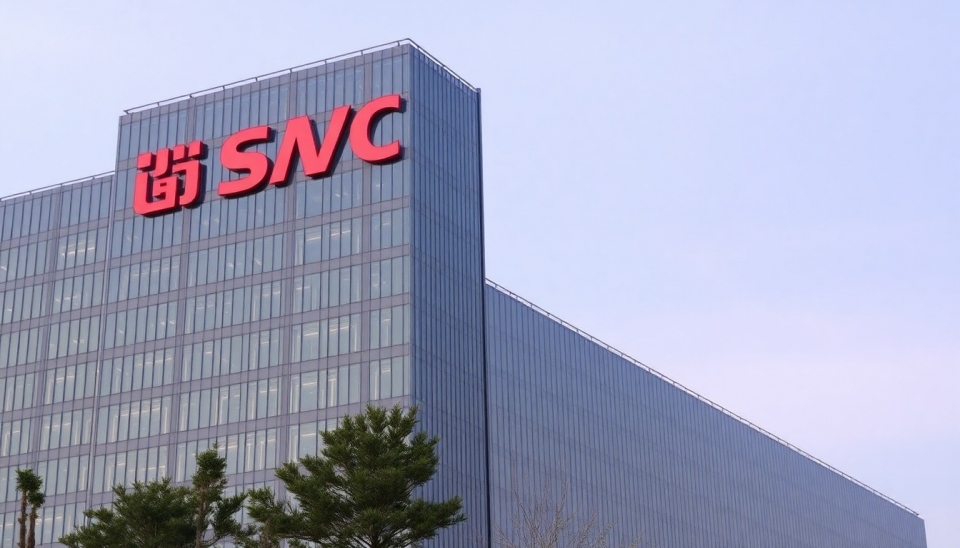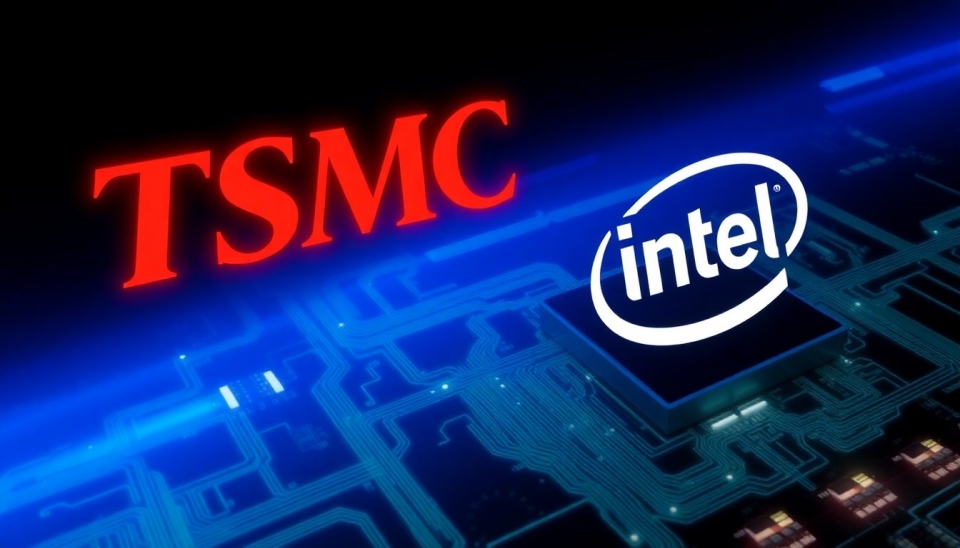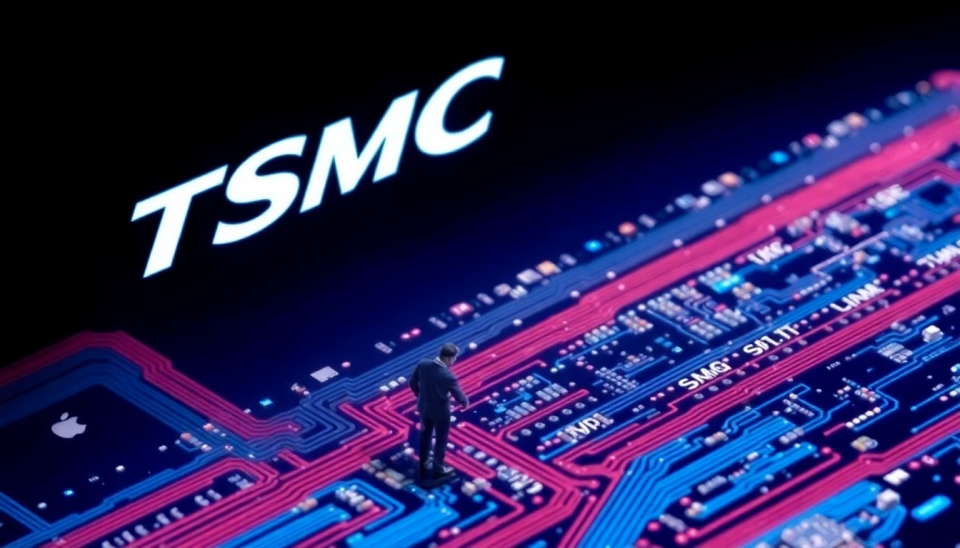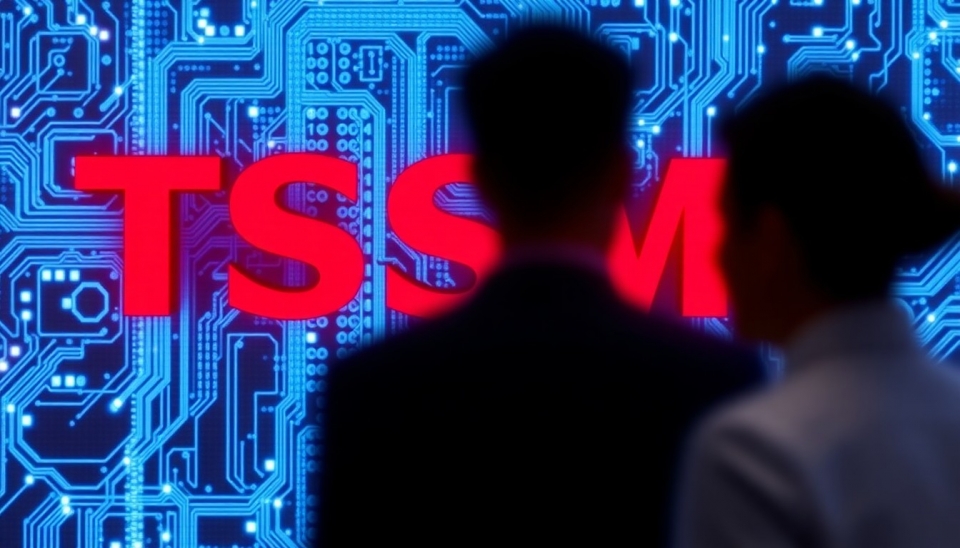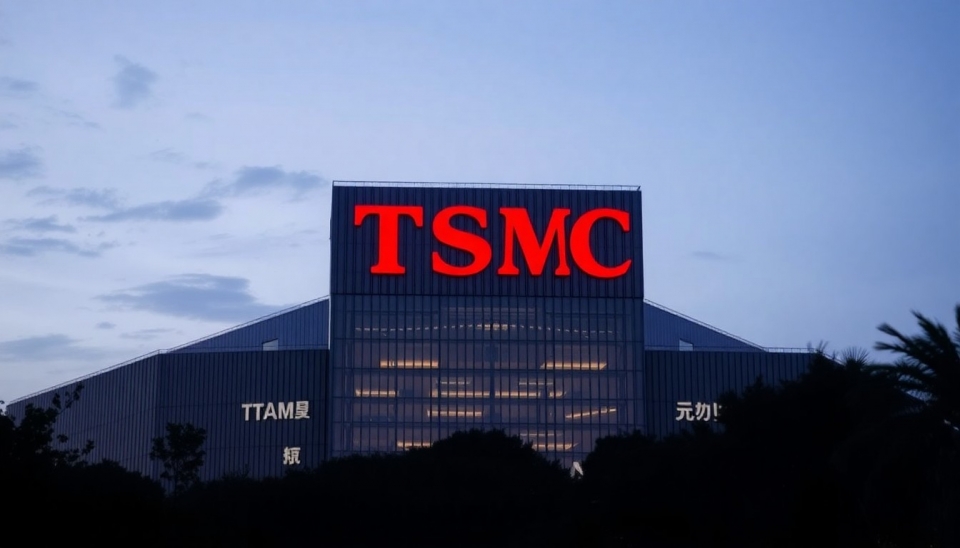
In a striking development for the semiconductor industry, Taiwan Semiconductor Manufacturing Co. (TSMC) has reported sales exceeding analysts' expectations, fueled primarily by increasing demand for artificial intelligence (AI) technology. The company's performance underscores the significant role AI plays in driving growth within the sector, even as new tariffs from the United States loom on the horizon.
For the first quarter of 2025, TSMC announced a remarkable revenue of $19 billion, surpassing market predictions of $17.5 billion. This impressive figure marks a substantial year-over-year increase, with a reported rise of over 25% compared to the same quarter in the previous year. The surge in AI adoption across various industries has played a pivotal role in catalyzing this growth, as companies increasingly turn to AI solutions to optimize operations and gain competitive advantages.
TSMC's Chief Financial Officer, Wayne Chen, highlighted the continual demand for high-performance chips essential for AI applications, stating, "The robust increase in our sales is directly related to the rapid adoption of AI technologies by a range of sectors, including automotive, healthcare, and telecommunications." He added that this trend is expected to continue as innovations in AI lead to further enhancements in processing requirements.
Despite the bullish sales figures, the semiconductor giant faces potential challenges from impending US tariffs. These tariffs, aimed at restricting imports of certain tech products from China, could have repercussions on the global supply chain. TSMC's strategic position within this landscape makes it imperative for the company to navigate these changes efficiently to maintain its market leadership.
Industry analysts believe that TSMC's response to the changing regulatory environment will be crucial in determining its long-term trajectory. With the company heavily invested in expanding its fabrication capabilities, particularly in the US, they may be well-positioned to mitigate some of the risks associated with tariffs. The establishment of new manufacturing facilities stateside is seen as a proactive measure to counteract these potential supply chain disruptions.
Investors have responded positively to TSMC's strong earnings report, with stock prices seeing a notable rise. The company's ability to capitalize on AI demand while addressing geopolitical challenges speaks to its resilience and forward-thinking strategy. As TSMC continues to innovate, the semiconductor sector watches closely, anticipating how the company will further adapt and thrive in a rapidly evolving market.
Looking ahead, TSMC is expected to maintain its focus on research and development, aiming to solidify its position as a leader in cutting-edge chip manufacturing. With AI technology becoming increasingly integral to modern applications, TSMC's pivotal role in this transformation is becoming ever more vital.
As the world moves toward more AI-driven solutions, TSMC stands at the forefront, exemplifying how a company can leverage technological advancements and market demand while navigating complex global challenges.
In conclusion, TSMC's latest sales performance not only highlights the rising tide of AI but also serves as a bellwether for the semiconductor industry as a whole. Stakeholders will be keenly observing how the company adapts to the challenges of tariffs while continuing to meet the surging demand for advanced semiconductor solutions.
#TSMC #Semiconductors #AI #Technology #StockMarket #Investment #Tariffs
Author: Liam Carter
